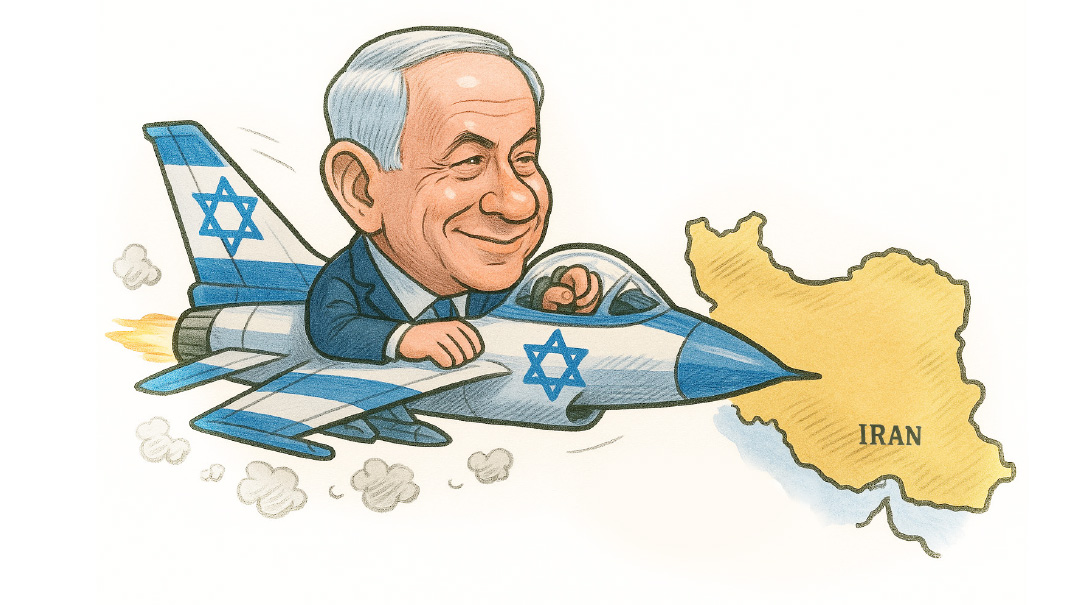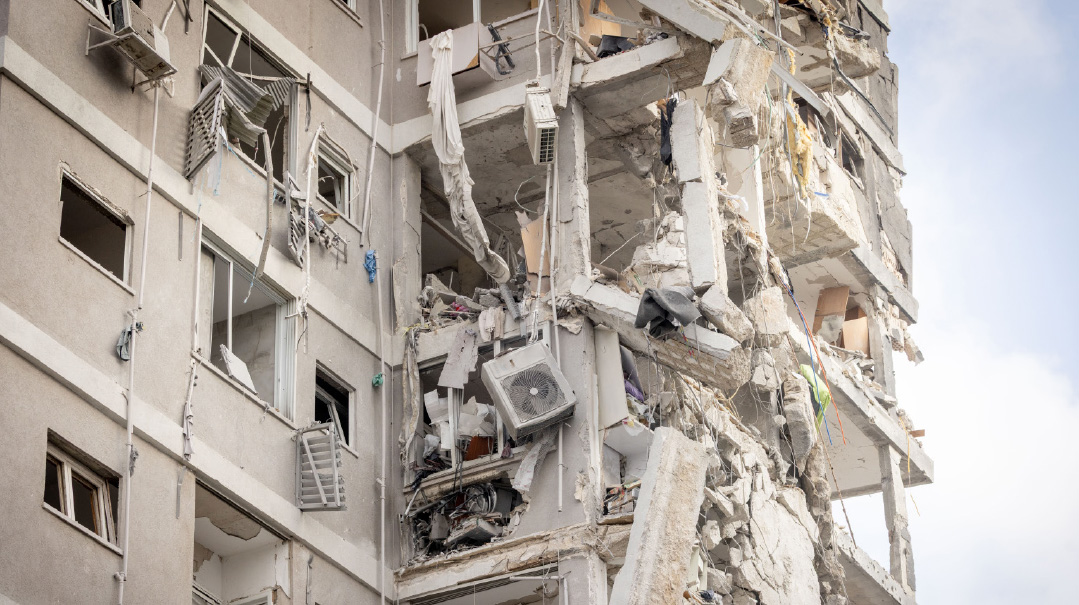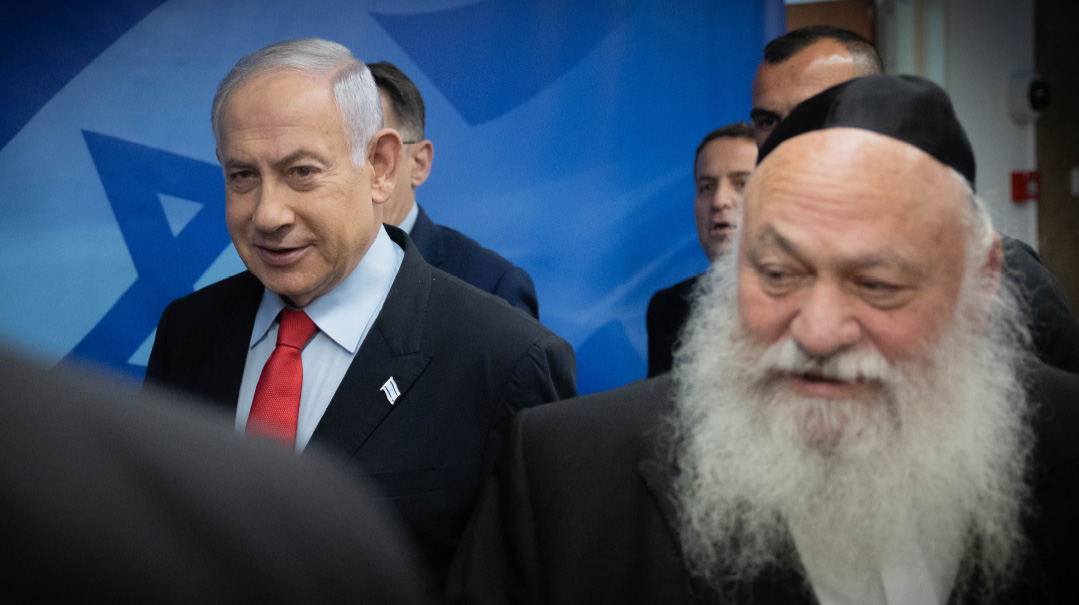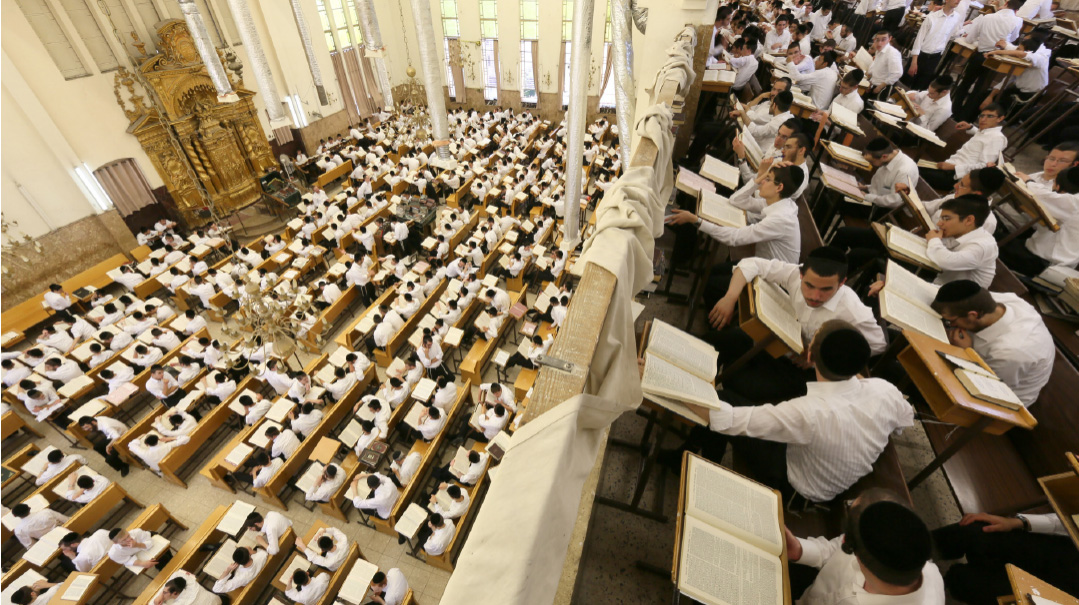A Long-Ago War Leaves Enduring Scars

The Yom Kippur War's enduring impact on Israel's politics
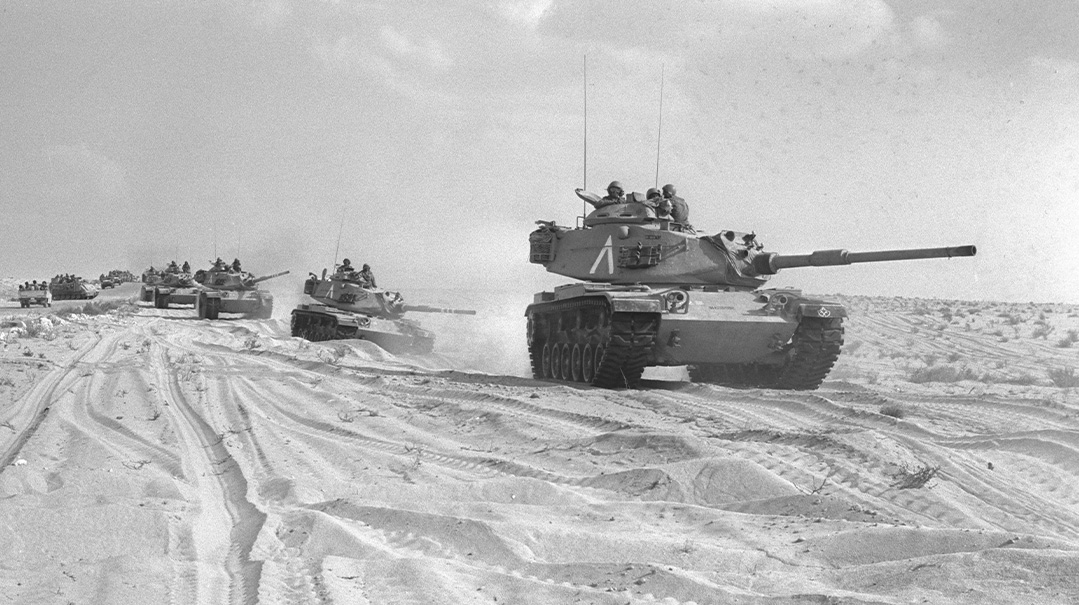
Photo: Ron Ilan and GPO
1
Fifty years later, the Yom Kippur War of 1973 is still a byword for negligence and incompetence in Israel. Its memory haunts security briefings to this day, and lingers in such phrases as the “pollsters’ Yom Kippur,” used after a big miss on election night. In its 75 years of existence, Israel has yet to experience another fiasco on so colossal a scale.
It took a few years for the memory of that war to affect the Israeli public’s voting patterns. Before 1973, Israelis trusted state institutions, by and large. The Workers’ Party of Israel (Mapai) ruled unchallenged and was seen as a “party with a state.” Then-opposition leader Menachem Begin appeared destined to remain forever “in a mine-strewn wilderness,” as he himself would put it on the night in 1977 when he finally won the premiership.
It took the scarred Israeli public time to internalize that responsibility for the debacle was shared by the military and political echelons. In the elections held right after the war (in December 1973), Mapai — now rebranded as “Alignment” — still won big. After Golda Meir’s resignation in April 1974, Yitzhak Rabin won the party’s leadership vote. The hero of the Six Day War had been abroad during Yom Kippur 1973, serving as ambassador to the US, and was untarnished by the disaster.
Israelis remembered how Golda Meir, Israel’s first (and to date, only) woman prime minister, spoke on the first day of the war about the Arabs’ “act of madness.” Golda wasn’t deliberately misleading the public. At that fateful hour, she herself had absolute faith in the defense establishment.
“I’m sleeping fine, and you can too,” Haim Bar Lev told her a few days before the war broke out. The vaunted chain of fortifications defending the Suez Canal was named the Bar Lev Line in honor of the legendary chief of staff. In the prevailing atmosphere of veneration for military leaders, casting doubt on their judgment was unthinkable.
The full story would be told later by Golda Meir’s son, who revealed that the defense establishment had repeatedly dismissed his mother’s concerns about the security situation. Thousands of Israeli children were orphaned by the Yom Kippur War, but the failure for that war itself remained an orphan, with no one in the political echelon willing to take responsibility. If anything was learned from that sorry episode, it was that we have no one to lean but our Father in Heaven, including the Israeli government.
2
More than anything, the war shattered preconceptions held by most Israelis. They had trusted their politicians, who believed in the army commanders, who themselves relied on military intelligence assessments. Before the Yom Kippur War, the dashingly handsome generals were seen as superior beings, literally immune to defeat.
At the same time, the Arabs were dismissed collectively — and foolishly — as cowards who fled from battle, leaving even their shoes behind, a memory of the unforgettable images from the Sinai Desert during the Six Day War.
Less than seven years later, the Egyptians and Syrians had shown themselves capable of outwitting the invincible Israeli army, leaving the generals in the field — as well as their former colleagues in the political echelon who had abandoned the sword for the toga — helpless. The revered defense minister from the Six Day War, Moshe Dayan, “the man with the eye patch,” was revealed to have closed his eye and willfully ignored repeated warnings.
Israel’s respect for military figures didn’t exactly die for good in that war, but their image was definitely brought back down to earth. As ensuing decades have shown, olive-green uniforms don’t necessarily come together with intelligence. The repeated failures of senior military officials who entered politics stem largely from a lack of familiarity with civilian life, in which they can no longer bark out orders.
But these failures no doubt also have something to do with the trauma that Israel went through after the war. The IDF uniform, once spotless as a Yom Kippur kittel, had been tarnished and has never seemed quite so immaculate since.
3
The peace treaty with Egypt was also born of the same catastrophic war. The Arabs realized that if Israel had managed to emerge victorious, despite being caught wrong-footed in a surprise offensive backed by the Soviet Union, they could have no real hope of bringing down the Jewish state militarily.
The Israeli side realized, at the cost of thousands of dead, that the inconveniences of peace are preferable to the tragedy of war. Peace with Egypt, then leader of the Arab world, has endured ever since, precisely because it was concluded so soon after hostilities ended.
Israelis have also learned that, contrary to popular perception, the left knows how to wage war while the right is capable of negotiating peace deals. This would be proven many times, with Begin’s failed First Lebanon War and Rabin’s failed Oslo Accords, but the popular dichotomy between a bloodthirsty right and a pacifist left was first shattered then. Leftist leaders were the ones who had disregarded the threat and rejected peace overtures.
Above all, though, the spirit of protest had infected Israel’s political discourse. Feelings of mistrust led to a unprecedented wave of public anger. There had already been protest movements, such as the demonstrations led by opposition leader Begin against the reparations agreement with Germany, negotiated by Prime Minister David Ben-Gurion and Chancellor Konrad Adenauer at a time when the Holocaust still haunted the sleep of hundreds of thousands of Israeli survivors.
But this level of rage, utterly destroying public trust in national institutions, was new to the young state. The political revolution only came later, but just as a tectonic shift brought the right to power, never to return to its prewar status, so the spirit of protest has not abated since then.
After the wave of protests against the malfeasance that led to the Yom Kippur War came the demonstrations against the Second Lebanon War, which forced Begin to retire with the words, “I can’t take it anymore.”’ Protest followed protest, until the current wave of 2022–23, the likes of which Israel has never known.
Looking back after 50 years, even the current protests, which still have not subsided, can be traced back to the atmosphere created after the Yom Kippur War. The Israeli public has learned that its leaders don’t know how to take responsibility even after severe failures. It has been understood that their word, judgment and integrity cannot be trusted.
The undermining of the executive branch later enabled the rise of the High Court. The institution of the “commission of inquiry,” which covered up the political class’s failure in the Yom Kippur War, was perfected after the First Lebanon War. In the atmosphere of public anger, the commission of inquiry into the Lebanon war — which remembered the criticism leveled at the Yom Kippur War Commission’s whitewashing — dared to finger the politicians themselves, casting blame on then-defense minister Ariel Sharon and leading to his removal from office.
The members of the committee appointed by the High Court president concluded from the public’s delayed reaction to the First Lebanon War that the political class’s protective envelope was gone. It was also the moment when the balance of powers was compromised, with the judicial branch gaining power at the expense of the Knesset, the government, and the army.
Fifty years later, and the Israel on the eve of Yom Kippur 5724 still bears the scars of that long-ago war.
(Originally featured in Mishpacha, Issue 979)
Oops! We could not locate your form.


